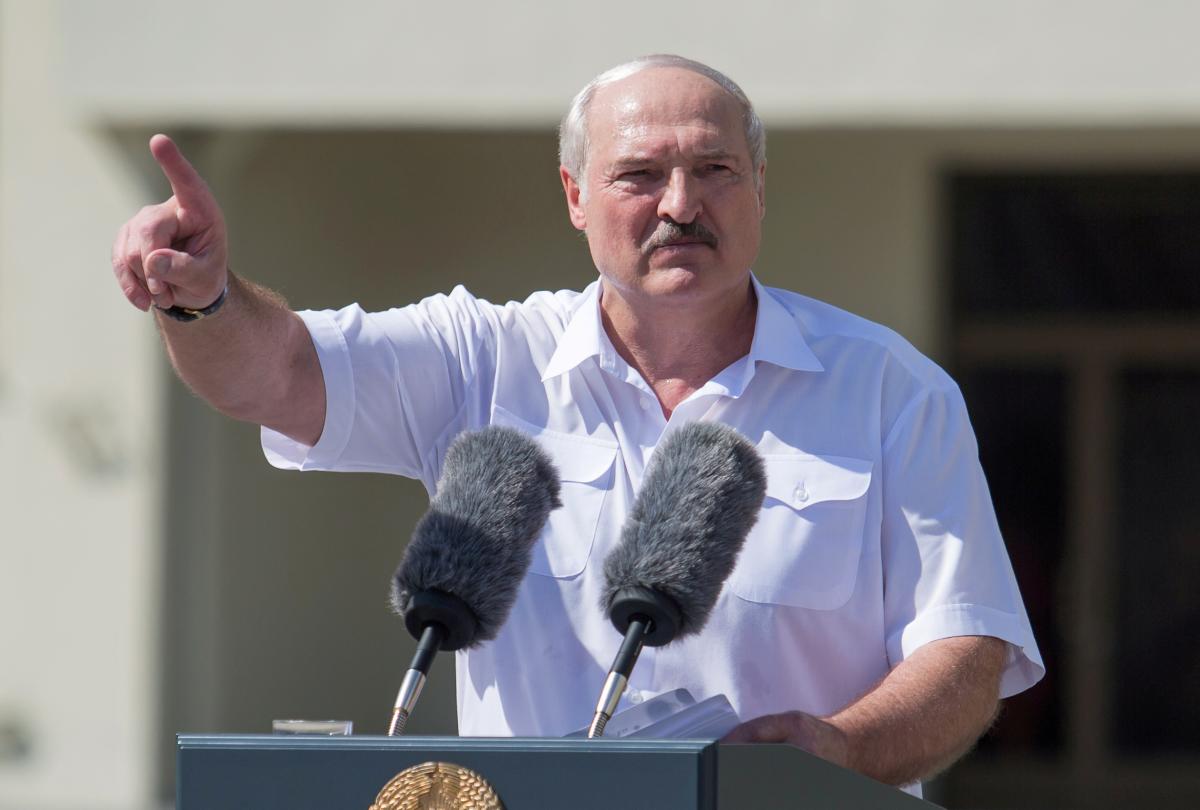
Visiting MZKT, a Minsk-based manufacturer of heavy off-road vehicles, Alexander Lukashenko has told MZKT workers that German Chancellor Angela Merkel called him, but the German government has denied this information.
"Yesterday Merkel called: 'I want to talk.' [Lithuanian President Gitanas] Nauseda and others ... 'We want to talk' ... The West or the East should not make me toe the line," the TUT.by channel quoted Lukashenko as saying.
Read alsoAlmost 80 people missing in Belarus after bloody crackdown on protests
Speaking in a comment to Reuters, the German government, in turn, denied this statement. According to the German government, Chancellor Angela Merkel has not spoken by telephone with Alexander Lukashenko since an August 9 presidential election in Belarus, after Lukashenko said Merkel had called on Sunday, asking to talk.
"Such a conversation between Merkel and Lukashenko has not taken place since the elections," the spokesman told Reuters.
Recent developments in Belarus in brief
- On August 9, presidential elections were held in Belarus.
- The country's Central Election Commission announced the final election results. In particular, 80.1% of voters supported incumbent President Alexander Lukashenko, 10.1% voted for Svetlana Tikhanovskaya, 1.67% for Anna Kanopatskaya, 1.2% for Andrey Dmitriev, and 1.14% for Sergei Cherechnya. Some 4.59% voted against all candidates.
- Thousands of residents of Belarus who disagreed with the results of the presidential elections in that country took to the streets to join protest rallies, which was followed by clashes with riot police.
- Belarus' Ministry of Internal Affairs said about 7,000 protesters had been detained in different cities since August 9. On the evening of August 13, the authorities started to release detainees.
- Lukashenko has repeatedly warned against meddling in Belarus' domestic affairs. He had phone calls with his Russian counterpart Vladimir Putin. As a result, the Kremlin assured it was ready to provide "assistance in solving the problems" in Belarus.
- On August 14, the European Union announced it did not recognize the outcome of the presidential elections in Belarus and said work had begun to introduce sanctions over electoral fraud and violence against protesters.

